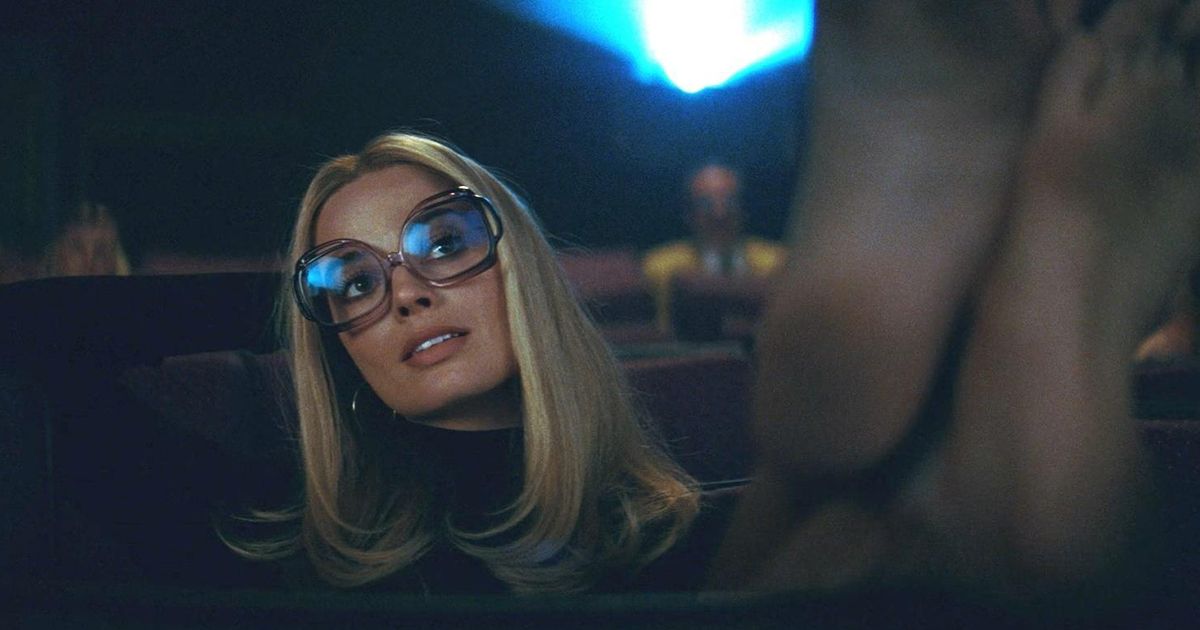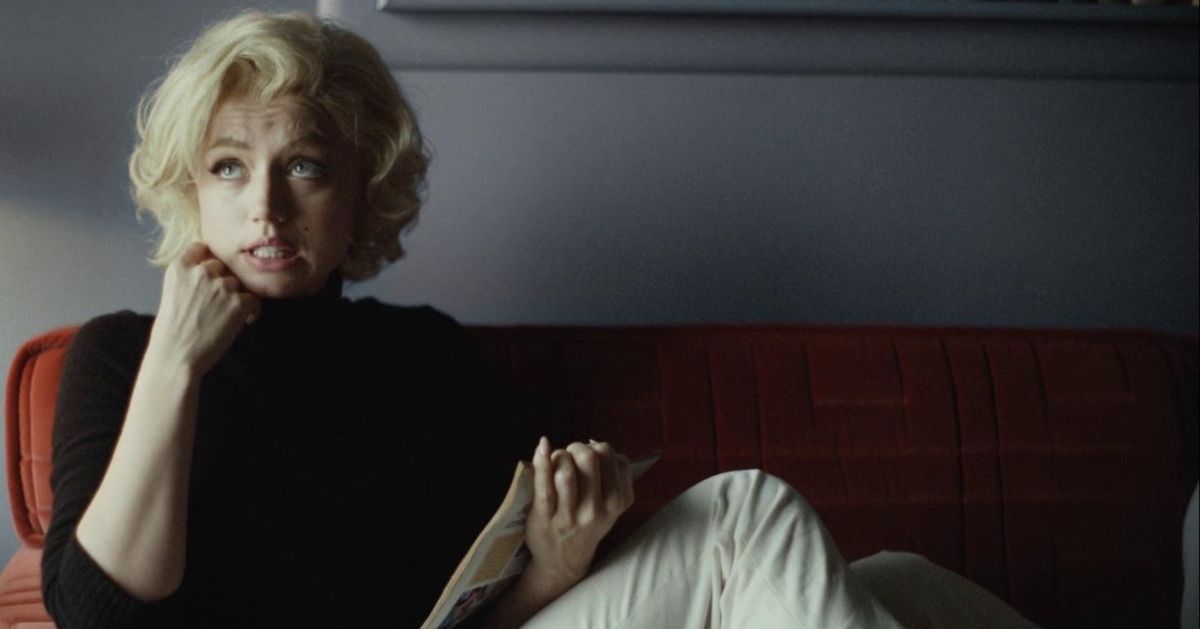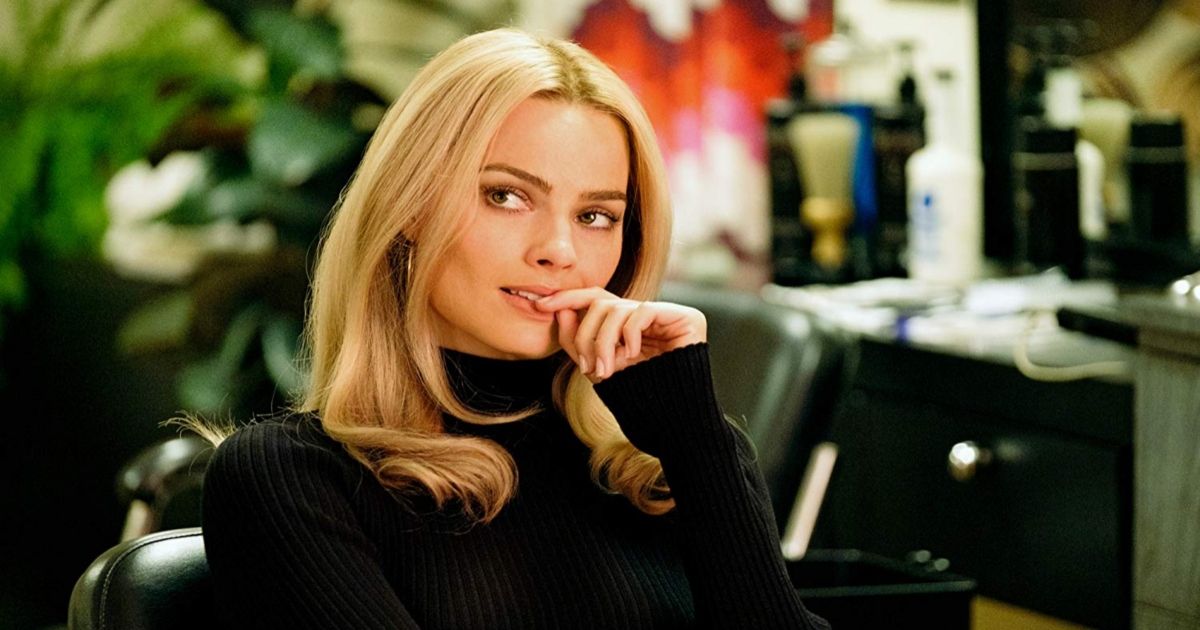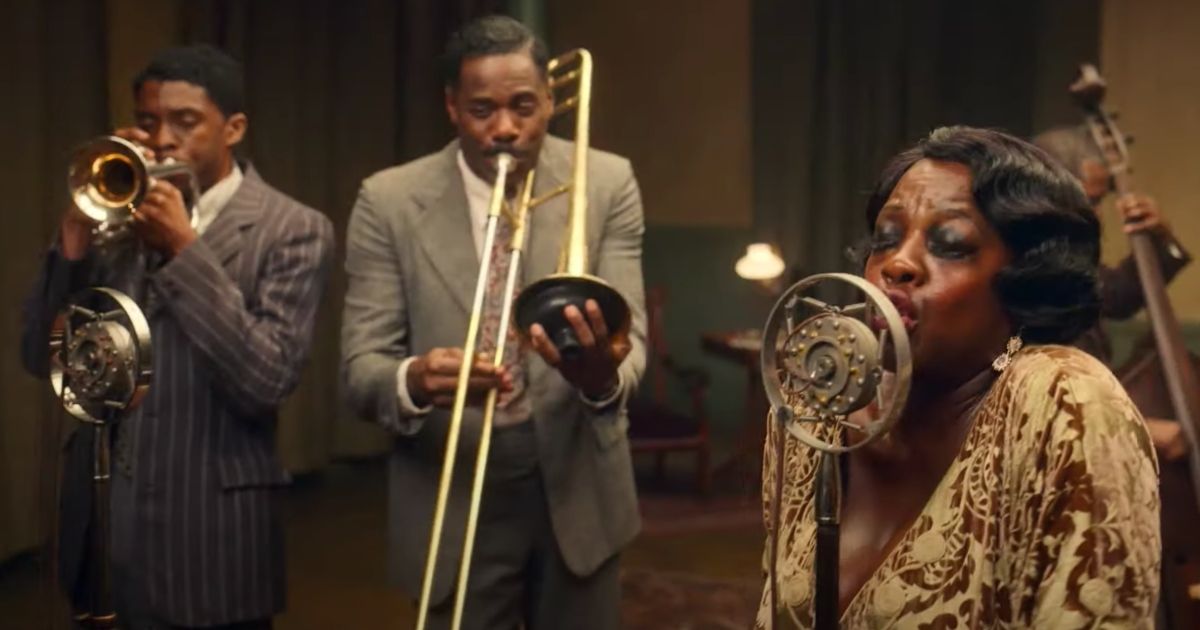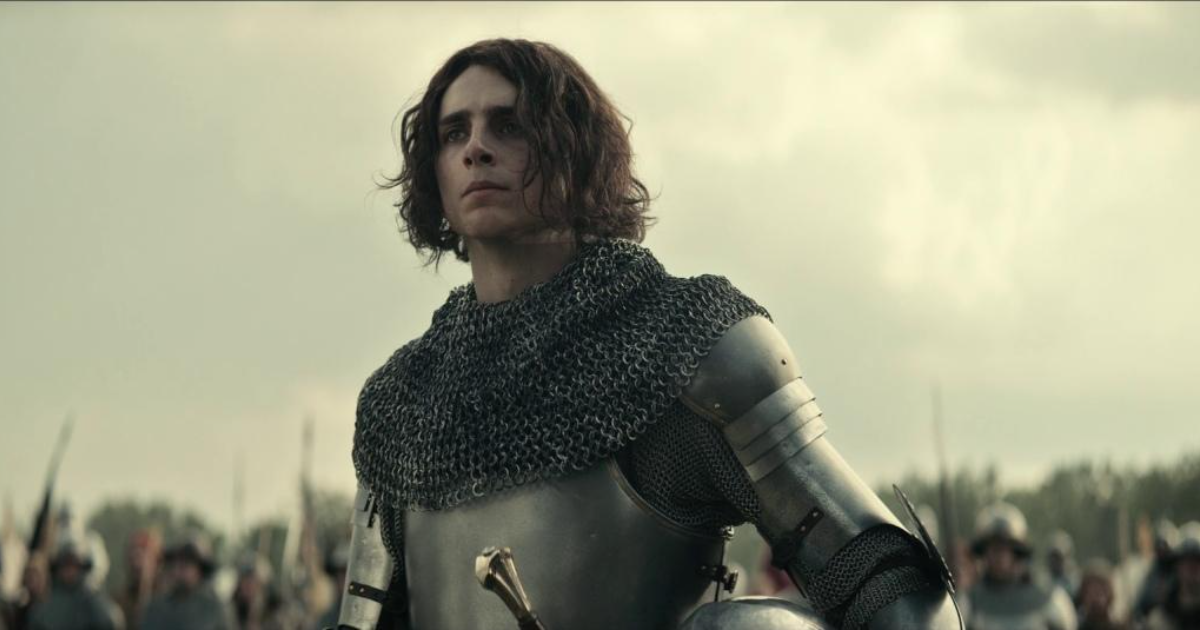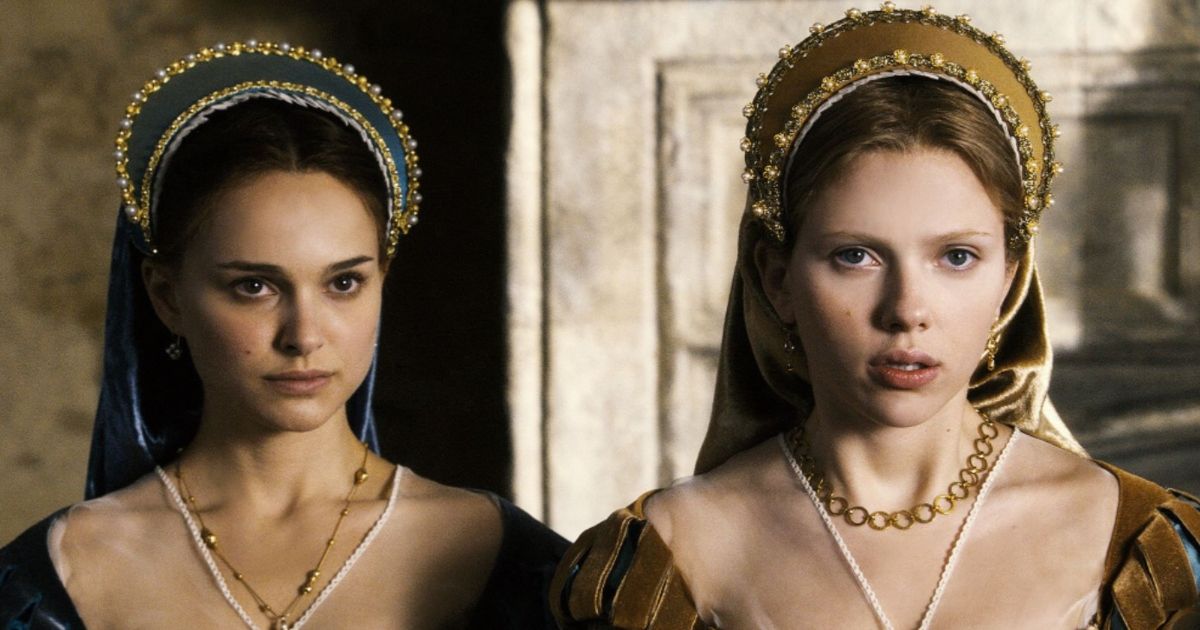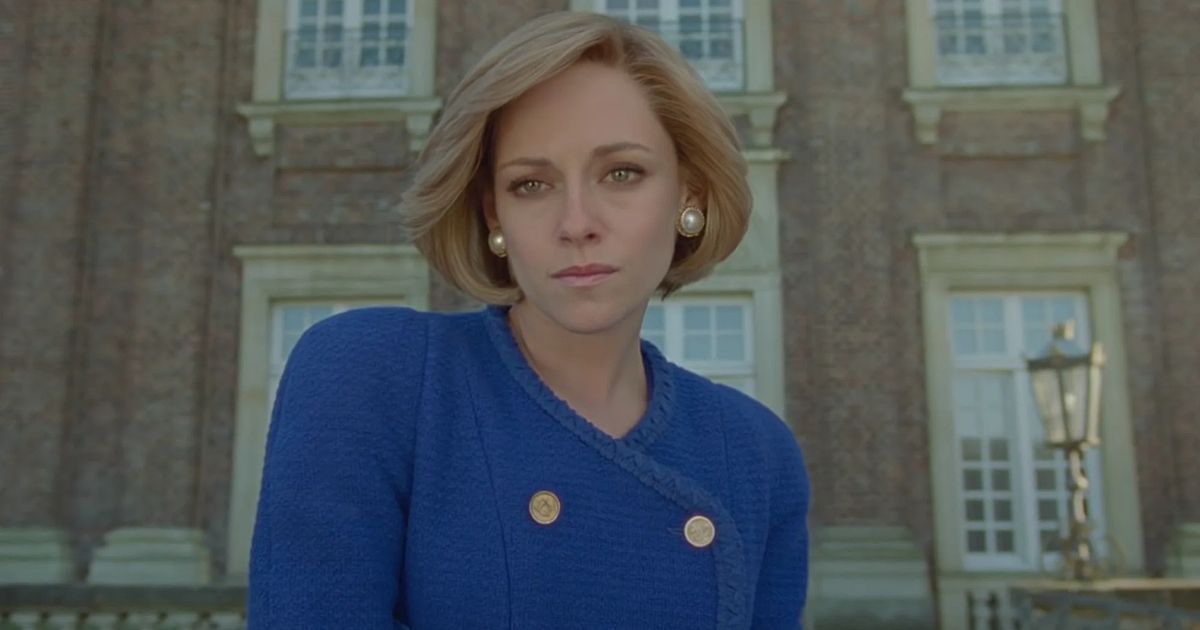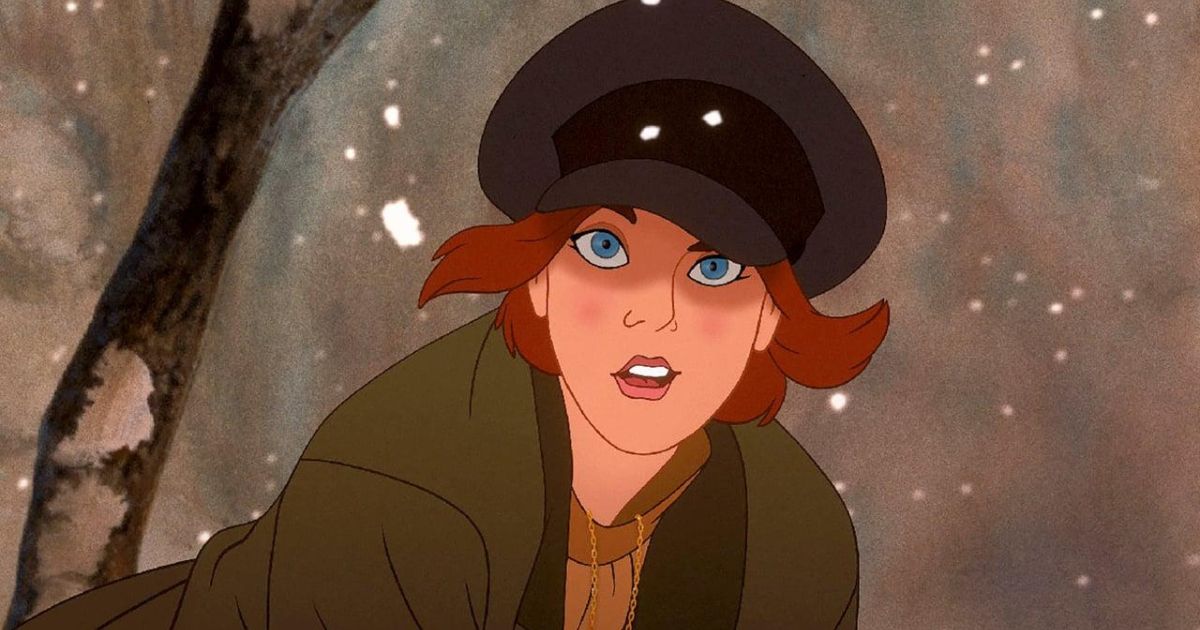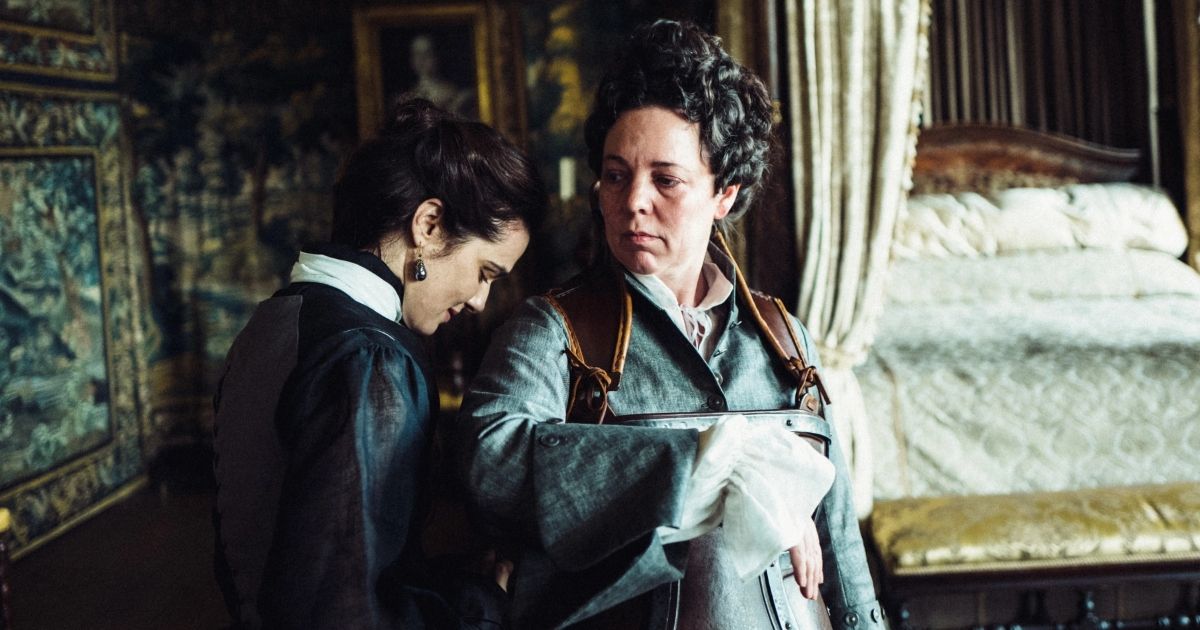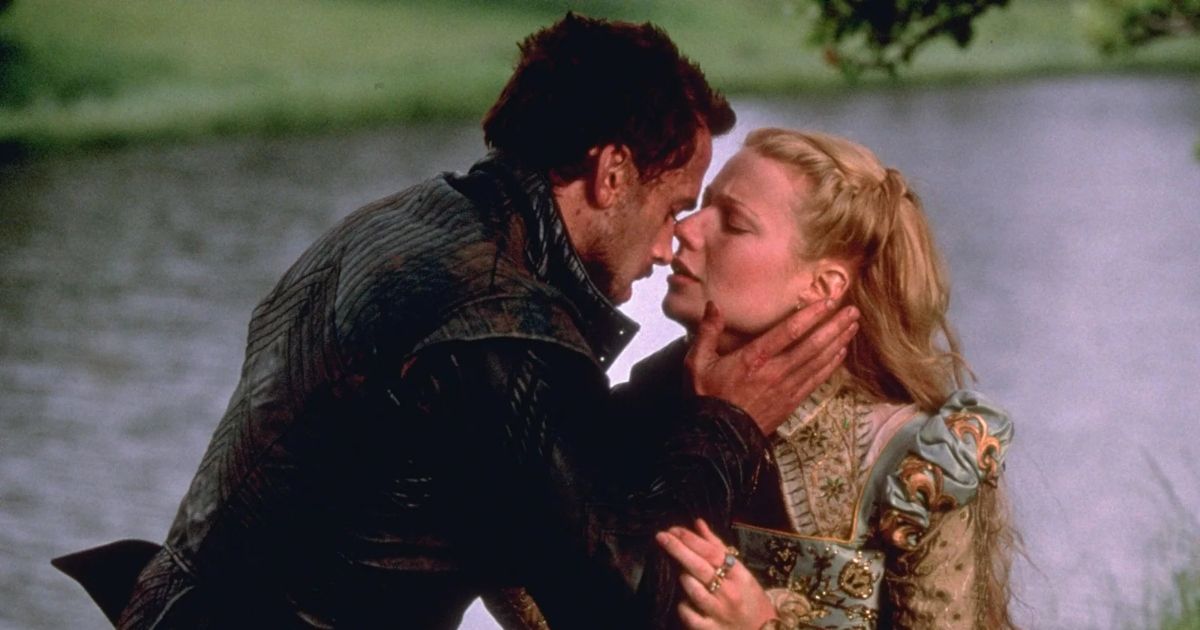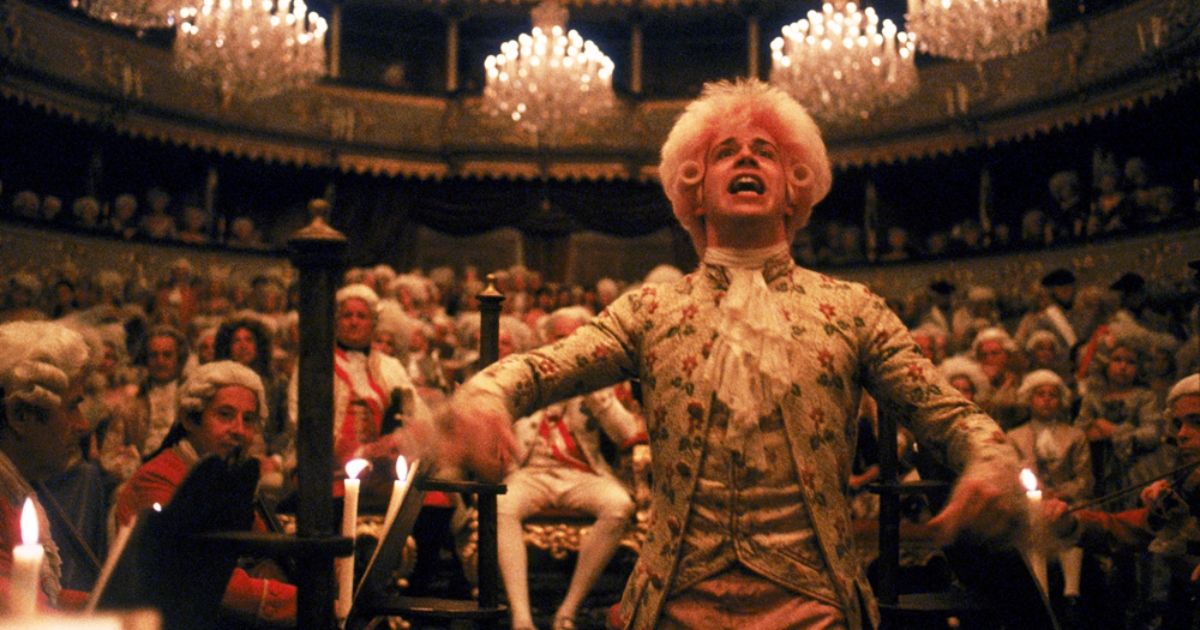It seems like our movie theaters are constantly full of biopics. One way of guaranteeing an audience is by making a movie about someone who already has a fanbase. That’s why 2022 gave us Elvis, I Wanna Dance With Somebody, and The Woman King, to name a few. Additionally, there is a thirst for knowledge about our favorite, or least favorite, celebrities at the moment which is another driving force behind the rise in biopics. Movies that promise to reveal hidden truths about famous people have a certain draw to them that can be hard to resist.
However, sometimes, the way new releases are saturated with biopics can make it confusing when a movie isn’t so true. When a movie presents you with a depiction of someone you know to be real, it’s not unreasonable to assume that the story is true. But while the movie is there to entertain, it’s our job to check our assumptions. With that in mind, there are plenty of historical fiction movies that use real people as their protagonists, and some are even loosely inspired by true events. Here are 11 of those movies, where we find real people in fictional circumstances.
11 Blonde (2022)
The controversial Blonde was directed by Andrew Dominik and based on a novel by Joyce Carol Oates. It was presented and perceived as a Marilyn Monroe biopic, though that is not really the case. The story uses real moments from Monroe’s life as well as going to great pains to replicate iconic imagery very accurately. However, Blonde adds fictional moments to make its point — that there is a large split between a celebrity’s real self and public persona — and it does so with a heavy hand. In reality, Blonde uses Monroe as a mouthpiece for a point that is separate from her real life. This point could’ve been made using another celebrity, or even a made-up individual, but perhaps it was most impactful coming from a name that everybody knows.
10 Once Upon a Time in Hollywood (2019)
Set in 1969, at the end of Hollywood’s golden era, Once Upon a Time in Hollywood features Leonardo DiCaprio and Brad Pitt as an aging actor and his stunt double. DiCaprio’s character lives next door to Sharon Tate, played by Margot Robbie, and this gets them entangled in the Manson family cult. The movie’s depictions of Sharon Tate are all fictional, and this story even takes an opposite turn from her real life when it ventures into their take on the infamous murders.
9 Ma Rainey's Black Bottom (2020)
Ma Rainey’s Black Bottom is a movie about legendary blues singer Ma Rainey. Based on a play of the same name, it depicts her with her band and manager in the recording studio fighting for creative control. While Ma Rainey was very much a real figure, the events of this movie are fabricated. Viola Davis plays Ma Rainey, with Taylour Paige playing her girlfriend, Dussie Mae, which is another fabrication. While there were plenty of references to bisexuality in her music, this particular girlfriend was made up for this story. Despite the fact that this story is fictional, it’s still a valuable depiction of a figure who often goes unrecognized in popular media.
8 The King (2019)
The plot of The King finds a young Prince Hal — played by Timothee Chalamet — reluctantly taking over the throne when his father dies, becoming King Henry V. Given that Henry V was alive in the 15th Century, this depiction of him was never going to be completely faithful to his real life as there’s only so much we know. However, this movie is not making that attempt; it’s based on Shakespeare’s Henriad plays, which were focused on British monarchs in the 15th Century. Some of the events did really happen, but much had to be fictionalized in order to tell a good story, so take everything with a pinch of salt.
7 The Other Boleyn Girl (2008)
Another story about a King Henry, The Other Boleyn Girl centers around the relationships between Henry VIII and Anne and Mary Boleyn. With the real story of Henry VIII and his wives being fascinating, it makes sense to use that portion of history as a jumping-off point for a period drama. However, in order to compress years and years of events into a two-hour movie, historical accuracy had to be pushed aside. Historian Alex von Tunzelmann wrote in The Guardian that the characterization of the Boleyn sisters in this movie “could hardly be further from the truth.” As with The King, there are a lot of real plot points in there, but they’re mixed in with so much fiction that it’s important not to take any of it too literally.
6 Spencer (2021)
In opposition to many of these movies, Spencer explicitly presents itself as a “fable” rather than a biopic. This movie is based on the life of Princess Diana, depicting fictional events inspired by her real life and struggles. In an era full of versions of Diana, it's refreshing to see a take that isn't attempting to replicate and display exact traumatic moments of her life. It feels more empathetic to take her story and make something new with it, providing the version of her on-screen with depth and autonomy.
5 Anastasia (1997)
Anastasia tells the story of a young orphaned girl, Anya, being found by con men who want to earn reward money for finding the missing Anastasia, who she resembles. Eventually, we discover that Anya really is Anastasia and that she got amnesia from hitting her head when she was parted from her original family, the Russian royal family. The true story doesn’t have such a happy ending. In reality, the Romanovs were placed under house arrest and eventually executed, but the execution was kept secret, and a rumor was started that Anastasia had escaped. Over the years, many people came forward claiming to have found her or to be her, but none were the real deal like the movie suggests.
4 The Favourite (2018)
The Favourite takes us to 19th Century England, where Queen Anne is reigning. We find Queen Anne too frail and ill to take part in the actual leadership of the country, so she has her very close friend Lady Sarah govern in her place. When Lady Sarah’s cousin Abigail arrives as a new servant for Queen Anne, a romantic and political triangle forms between the three women. This central conflict between Lady Sarah and Abigail competing to be Queen Anne’s favorite is historically accurate. However, history doesn’t act as much more than a premise for this story, with most of the events being an invention of the writers.
3 Shakespeare in Love (1998)
In Shakespeare in Love, William Shakespeare is out of ideas, until he comes across Viola De Lesseps. The two fall in love despite knowing nothing good can come of it with him married and her engaged. It’s this doomed romance that inspires Shakespeare to write his masterpiece, Romeo and Juliet. But in reality, this is very much not the case. The character of Viola is a complete invention of this narrative. Additionally, Shakespeare’s Romeo and Juliet was based on a narrative poem from the 1500s, The Tragicall Historye of Romeus and Juliet, not a tragic love affair of his own.
2 Amadeus (1984)
The movie Amadeus reportedly tells the story of Mozart’s life, successes, and murder. Another composer, Salieri, is jealous of Mozart’s talents because he wants to praise God through his music as he believes Mozart does. However, when they meet, Salieri is disturbed by Mozart’s foul sense of humor and is consumed by his jealousy that Mozart was chosen by God, and he wasn’t. Then, in the movie, he winds up poisoning Mozart. There may be elements of truth within this narrative, but the idea that Salieri had an all-consuming jealousy over Mozart that led to his murder is false. It’s possible that Mozart was poisoned, but the suggestion that it was Salieri’s doing was made up in a play.
1 Marie Antoinette (2006)
Sofia Coppola’s Marie Antoinette gets a lot of flack for being historically inaccurate, but does it matter if that wasn’t her intention? In conversation with The Guardian, Coppola said, “It’s kind of like a history of feelings, rather than a history of facts.” While there were real historical events used for this version of Marie Antoinette’s story, there was also a lot that was notably removed. The movie didn’t provide a full picture of the importance of the French Revolution, and to some, that was unacceptable. These semi-fictional, semi-factual movies raise important questions about what responsibilities filmmakers have in these scenarios. Is it really Coppola’s responsibility to educate viewers on the French Revolution? Or can audiences be relied upon to do their own thinking and learning?

